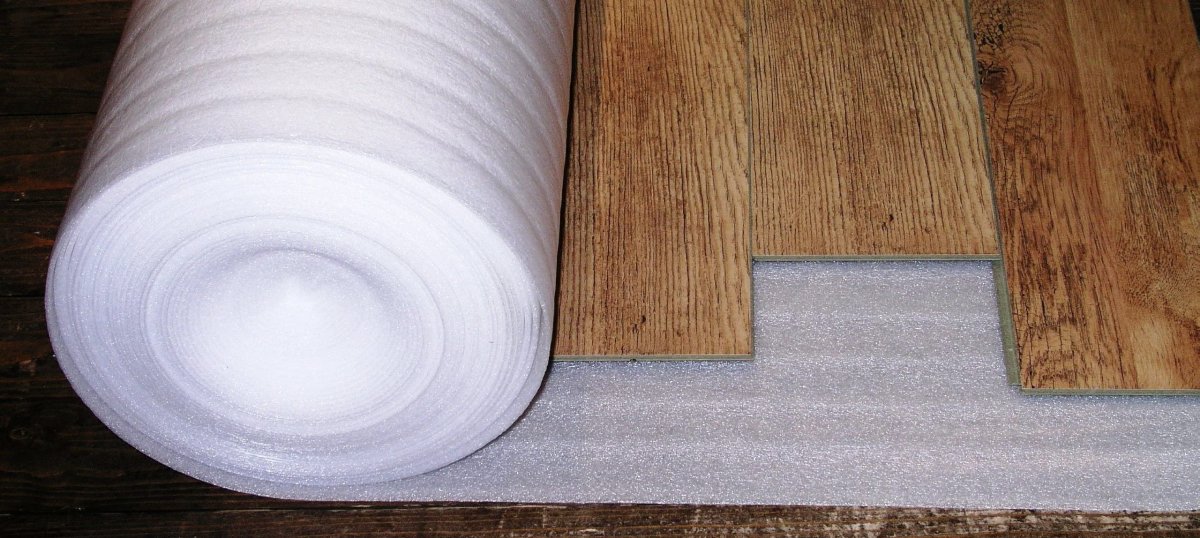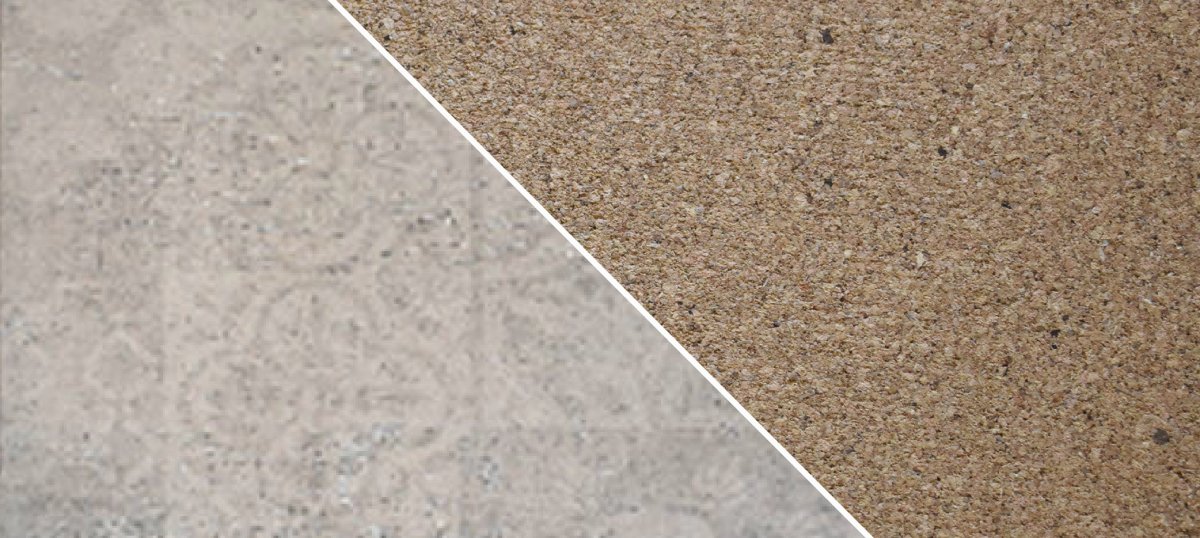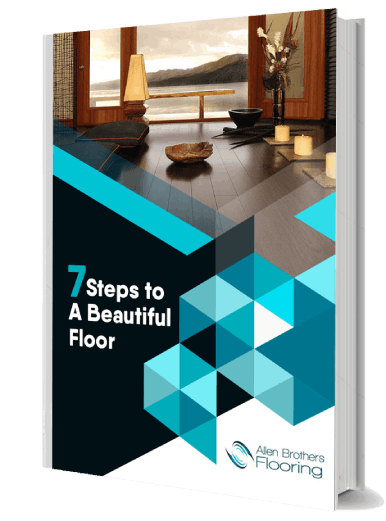
Timber Floors
Choosing the right underlay for your timber floor isn’t just a minor decision—it’s the foundation (literally!) for the quality, comfort, and durability of your flooring.
Whether you're renovating or building a new home in Perth, the underlay you select can make or break the longevity and feel of your floors. But with so many options available, it’s easy to get overwhelmed.
Don't stress—we’ve got you covered.
In this article, we’ll explore:
From providing extra insulation to improving soundproofing and extending the lifespan of your floors, the right underlay is crucial.
Ready to make your timber floors the star of your home? Read on to learn everything you need to know.
| Foam is used for affordability, rubber is used for durability and soundproofing, cork is used for sustainability, and acoustic underlay is used for noise reduction. |
Foam underlay is one of the most common and budget-friendly options. It’s made from lightweight materials such as polyethylene or polyurethane foam, making it easy to handle and install.
✓ Cost-Effective - Foam underlays are highly affordable, making them a great option for budget-conscious homeowners.
✓ Easy to Install - Their lightweight and flexible nature makes foam underlays simple to cut and lay down, even for DIY enthusiasts.
✓ Decent Sound Insulation - Foam underlays offer moderate soundproofing, reducing impact noise like footsteps.
✗ Limited Durability - Over time, foam can compress and lose its cushioning effect, making it less durable than other options.
✗ Poor Moisture Resistance - Foam underlay isn’t great at dealing with moisture, which could lead to issues in damp areas or if water seeps beneath the floor.
✗ Lower Thermal Insulation - Compared to other underlays, the foam doesn’t provide much thermal insulation, which could be a concern during cooler Perth winters.

Rubber underlays are made from natural or recycled rubber and are known for their excellent durability and performance. They’re a popular choice for those seeking premium quality.
✓ Exceptional Soundproofing - Rubber excels at absorbing sound, making it an ideal choice for multi-level homes or apartments.
✓ Long-Lasting Durability - Rubber underlays can withstand heavy furniture and foot traffic without compressing or degrading over time.
✓ Eco-Friendly Option - Recycled rubber options are an environmentally friendly choice, reducing waste while still delivering high performance.
✗ Higher Cost - Rubber underlays are typically more expensive than foam, making them a less budget-friendly option.
✗ Heavier and Harder to Install - Rubber is much heavier and less flexible than foam, which could make installation more challenging for DIY projects.
✗ Not Always Compatible - Some types might not pair well with rubber due to their density or specific material properties, so you’ll need to confirm compatibility.

Cork underlay is a renewable and biodegradable option that offers a unique blend of comfort, thermal insulation, and eco-friendliness.
✓ Excellent Thermal Insulation - Cork is naturally insulating, making it a fantastic choice for keeping your home warmer in winter and cooler in summer.
✓ Eco-Friendly and Sustainable - As a natural product harvested from cork trees, it’s one of the most environmentally friendly underlay options.
✓ Great for Noise Reduction - Cork underlay absorbs sound effectively, providing a quieter living environment.
✗ Susceptible to Moisture - Without proper sealing, cork can absorb moisture, which could lead to swelling or damage over time.
✗ Higher Price Point - While not as costly as rubber, cork is still pricier than foam, which might stretch some budgets.
✗ Requires Professional Installation - Cork is best installed by a professional to ensure it’s laid and sealed correctly, which adds to the overall cost.

Acoustic underlays are specifically designed for soundproofing and are often made from materials like rubber, foam, or cork with enhanced sound-reducing properties.
✓ Top-Notch Soundproofing - Perfect for homes or buildings where noise reduction is a priority, acoustic underlay drastically cuts down on impact and airborne noise.
✓ Versatile Material Options - With a range of materials like rubber, cork, and dense foam, you can choose an acoustic underlay that fits your specific needs and budget.
✓ Enhanced Comfort - Acoustic underlays provide additional cushioning, making timber floors feel softer underfoot.
✗ Expensive - Acoustic underlays are typically among the most expensive options, so they may not suit every budget.
✗ Thicker Profile - The added thickness might require adjustments to doors or skirting boards, which could increase installation costs.
✗ Limited Availability - Not every supplier carries a wide range of acoustic underlays, which could limit your choices.

If you live in a multi-level home or apartment, soundproofing might be at the top of your priority list. Timber floors are notoriously noisy, especially when it comes to impact sounds like footsteps or dropping objects.
An underlay with excellent sound-absorbing properties can significantly reduce noise, creating a quieter and more peaceful living environment.
Rubber and acoustic underlays are the standout choices when it comes to soundproofing. They’re dense and designed to absorb impact and airborne noise effectively.
On the other hand, foam underlays offer decent sound insulation but may not deliver the same level of quietness as more premium materials. Consider how much noise reduction you need and choose an underlay accordingly.
Moisture can be a big enemy, causing warping, swelling, and even mould growth if left unchecked. If you’re installing timber floors in areas like kitchens, bathrooms, or rooms with concrete subfloors, moisture resistance is crucial.
Some underlays, like cork and foam, are naturally less resistant to moisture. However, you can opt for underlays that include a built-in vapour barrier or moisture-proof membrane for added protection.
Rubber underlays, for instance, perform well in damp environments and can prevent water damage over time. Assess your room’s exposure to moisture to ensure your underlay choice has adequate resistance.
RECOMMENDED: Can You Put Underlay Under Hybrid Flooring?
Perth’s climate can swing between hot summers and cooler winters, making thermal insulation another key factor to consider.
A good underlay can help maintain a comfortable indoor temperature, reducing the strain on your heating or cooling systems.
Cork is a fantastic natural insulator, providing year-round comfort by keeping your floors warmer in winter and cooler in summer.
Foam, on the other hand, offers minimal insulation, which could make a difference in rooms where maintaining temperature control is important.
If energy efficiency matters to you, choose an underlay with strong insulating properties to keep your home cosy and cost-effective.
Durability is vital, especially in high-traffic areas like hallways, living rooms, and kitchens.
An underlay that compresses or deteriorates quickly can undermine the integrity of your timber floors, leading to costly repairs or replacements down the line.
Rubber underlays shine when it comes to longevity. They’re designed to withstand heavy loads without losing their shape, making them ideal for homes with kids, pets, or lots of furniture.
Foam underlays, while affordable, may compress over time, making them less suited for long-term use. Be honest about how much wear and tear your floors will endure to find an underlay that can go the distance.
Your budget will likely play a major role in your decision. While it’s tempting to go for the cheapest option, investing a little more in a quality underlay can save you money in the long run by preventing damage and extending the lifespan of your floors.
Foam underlays are the most budget-friendly, making them a popular choice for cost-conscious homeowners.
Rubber and acoustic underlays are more expensive but deliver superior performance, especially in terms of durability and soundproofing.
Consider how much you’re willing to spend and weigh the benefits against the costs to make a financially sound decision.
If you’re planning a DIY project, you’ll want an underlay that’s lightweight, flexible, and simple to work with.
For more complex or heavy materials, professional installation might be required, which could add to your overall costs.
Foam underlays are a favourite among DIYers thanks to their lightweight design and ease of handling. Rubber and cork underlays, while more durable, are heavier and trickier to cut, often requiring professional assistance.
If you value convenience, opt for a material that matches your skill level and installation preferences.
| Underlay Type | Price Range (Per Square Metre) | Additional Notes |
| Foam Underlay | $3–$8 | Affordable and ideal for basic needs, but less durable and may lack moisture resistance. |
| Rubber Underlay | $12–$25 | Premium option offering excellent durability and soundproofing. Higher upfront cost. |
| Cork Underlay | $10–$20 | Sustainable and great for thermal insulation, but professional installation may be required. |
| Acoustic Underlay | $15–$30 | Designed for maximum soundproofing. Costs vary based on the material (rubber, foam, or cork). |
| Moisture-Barrier Add-On | $2–$5 | It can be added to foam or cork underlays to improve moisture resistance. |
Keep in mind that installation costs may range between $5–$15 per square metre, depending on the complexity of the job and whether extra preparation (like levelling the subfloor) is required.
RELATED: How Much Do Timber Floors Cost?
Here’s a quick recap of what we’ve covered:
Your choice of underlay should match your flooring goals. Are you looking to create a quieter space? Go for acoustic or rubber. Need a budget-friendly option? Foam could be the right fit. And if sustainability is your priority, cork is a fantastic choice.
When it comes to finding the perfect underlay for your timber floors, experience matters. At Allen Brothers Flooring, we’ve built a reputation as Perth’s trusted timber flooring specialists, delivering exceptional service backed by years of expertise.
Our team understands the importance of choosing the right underlay—not just for today but for the long-term durability, comfort, and beauty of your floors.
Whether you need personalised advice, help assessing your options, or a tailored quote, Allen Brothers Flooring is here to guide you every step of the way.
Reach out now on 0407 983 020 or claim your fast and FREE quote online today.

